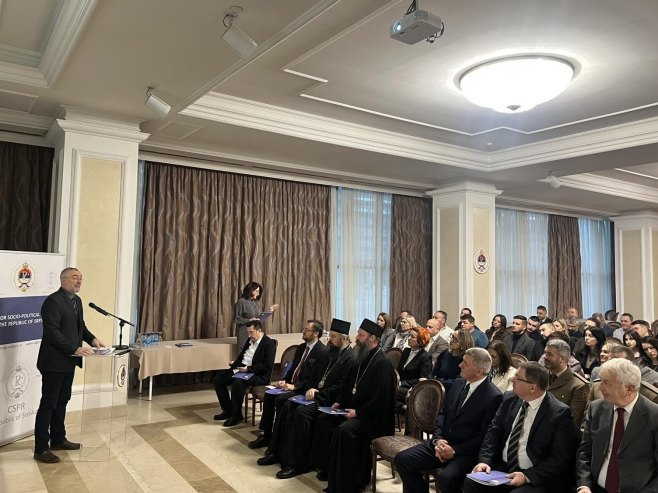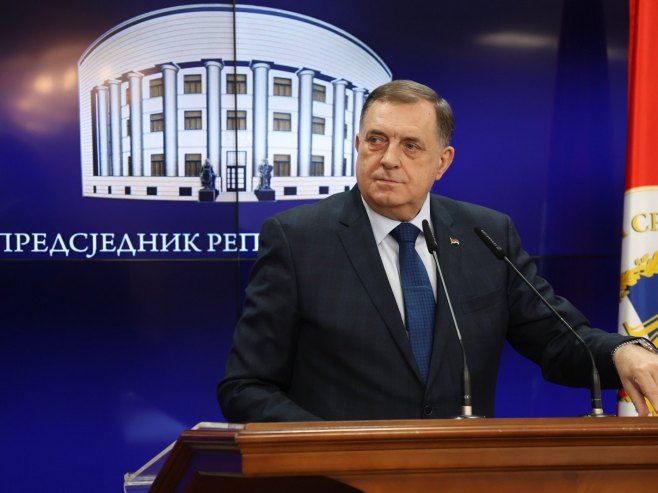The Government of Republika Srpska has adopted the Thirty-First Report to the United Nations Security Council, which was submitted on behalf of Republika Srpska as a signatory of all the annexes that comprise the Dayton Agreement. This report, covering the period from October 2023 to April 2024, was forwarded by Radovan Višković, the Prime Minister of Republika Srpska, to the UN Secretary-General and the member countries of the Security Council.
The report, consistent with previous submissions, expresses the views of the Government of Republika Srpska on key issues and challenges facing BiH, aiming to clarify its stance to the Security Council members and the international community.
The first part of the report reiterates Republika Srpska’s commitment to the Dayton Agreement, which has successfully maintained peace among the three previously warring constituent peoples of BiH—Bosniaks, Serbs, and Croats—for over 28 years. This includes a commitment to the constitutional order and the sovereignty and territorial integrity of BiH, and a steadfast commitment to continuing peace in BiH.
The second part discusses the rapid progress recently made by BiH’s multi-national leadership on EU integration issues, highlighting the necessary steps for BiH to advance on its path to the EU. Republika Srpska welcomes the decision by the European Council to recognize this progress by approving the start of BiH’s EU accession negotiations, reaffirming its strong support for BiH’s integration into the EU.
Additionally, this section explains why BiH’s federal constitutional structure is not only compliant with EU requirements but also crucial for European security. Furthermore, it emphasizes that with BiH starting EU accession negotiations, it is time to return sovereignty and democratic self-governance to BiH by closing the Office of the High Representative (OHR).
The third part of the report points to efforts by Christian Schmidt, a retired German politician claiming to be the High Representative, and his supporters, to sabotage BiH’s political progress and EU integration. Just five days after the European Council decided to open EU accession negotiations with BiH, Schmidt deliberately issued an illegal decision making 114 amendments to BiH’s Electoral Law, contrary to clear objections from the EU.
Schmidt, aware that his dictatorial powers are completely incompatible with BiH’s path to the EU, intentionally caused a political crisis to disrupt BiH’s EU integration, which he uses as an argument that BiH does not deserve sovereignty nor should it be governed by its democratic institutions.
Finally, the report addresses the fact that certain countries, contrary to their declared support for BiH’s aspirations to join the EU, are undermining BiH’s political stability and sabotaging its EU integration by continually interfering in BiH’s internal affairs. All examples of interference are destructive to BiH’s prospects for EU membership and success as a sovereign state.
Source: RTRS









